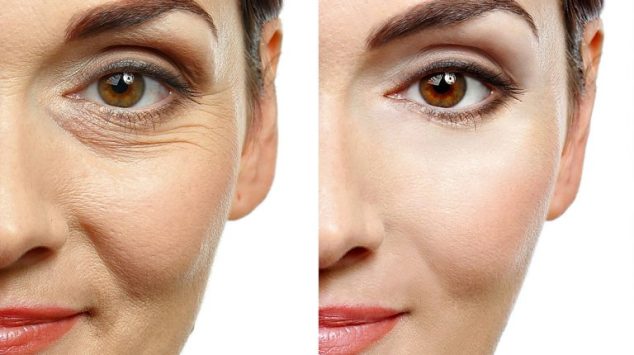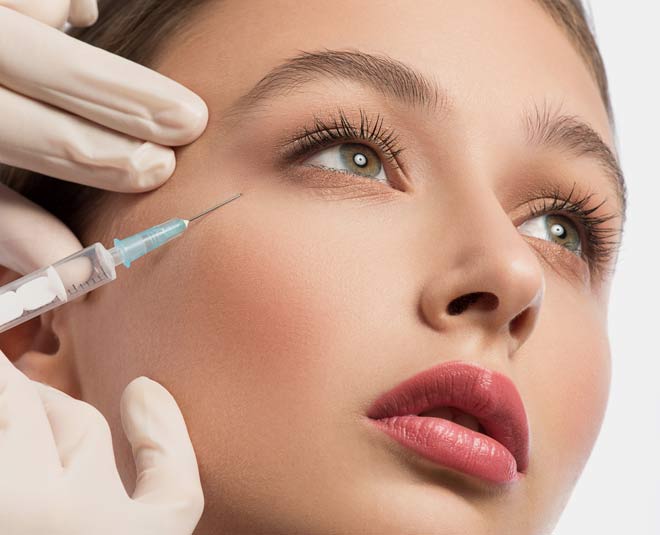Botox is a well-known cosmetic procedure that is used to minimize the look of wrinkles and fine lines on the face. It is a non-surgical procedure that entails injecting a tiny amount of botulinum toxin into particular facial muscles. We will go over what Botox is, how it functions, its advantages and disadvantages, as well as what to expect both during and after treatment, in this post.
What is Botox?
The bacterium Clostridium botulinum produces a specific type of botulinum toxin known as “Botox.” It prevents the nerve signals that trigger muscle contractions when administered to the muscles. The muscles temporarily relax as a result, reducing the appearance of wrinkles and fine lines on the face.
How does Botox work?
Botox inhibits the nerve signals that cause muscles to contract by inhibiting them. It temporarily paralyzes some facial muscles when injected into them, which lessens the appearance of wrinkles and fine lines. After three to six months, the effects of Botox usually wear off, and the muscles begin to progressively work normally again.

What are the benefits of Botox?
The main benefit of Botox is that it can significantly reduce the appearance of wrinkles and fine lines on the face. It is a non-surgical treatment, so there is no need for general anesthesia or a long recovery time. Botox is also a very safe and effective treatment when performed by a qualified and experienced healthcare professional.

What are the risks of Botox?
Like any medical procedure, Botox therapy carries some dangers. Temporary bruising, swelling, and redness at the injection site are among the most frequent side effects of Botox. Muscle weakness, flu-like symptoms, and headaches are among the potential side effects. Rarely, more severe adverse effects of Botox can include breathing or swallowing difficulties, clouded vision, or drooping eyelids.
It’s crucial to remember that these hazards are extremely rare and that the majority of people who have Botox treatment don’t experience any noticeable side effects. Before receiving therapy, it’s crucial to go over all potential dangers and advantages with your doctor.
How much does Botox treatment cost?
The price of a Botox treatment can vary based on several variables, including the clinic’s location, the experience and credentials of the medical professional delivering the procedure, and the quantity of Botox needed for the procedure.
A single Botox treatment typically costs between $200 and $600, with an average price of roughly $400. The real cost, however, could be greater or lower based on the aforementioned criteria since this is only an estimate.
It is crucial to remember that receiving Botox treatment is regarded as a cosmetic procedure, and as such, insurance rarely pays for it. It is advised that you schedule an appointment with a licensed healthcare provider if you are considering Botox treatment to go through your options and acquire a precise price quote.
What to anticipate both during and after a Botox procedure?
A medical expert will use a tiny amount of the botulinum toxin during a Botox injection into particular facial muscles. Most patients can resume their regular activities right away following treatment because procedures are often quick and generally painless.
For at least 24 hours following a Botox procedure, the treated region must not be touched or rubbed. To prevent the toxin from spreading to other parts of the face, you should also refrain from lying down or engaging in strenuous activity for several hours following treatment.
The benefits of Botox can continue for three to six months and typically begin to be visible a few days after treatment. You could require repeated Botox procedures to keep the effects.
Conclusion
The look of wrinkles and fine lines on the face can be diminished safely and effectively with Botox. Although there are certain hazards involved with the treatment, they are quite rare, and the majority of patients don’t have any noticeable side effects. It’s crucial to explore your options with a licensed and knowledgeable healthcare provider if you’re considering Botox treatment.

